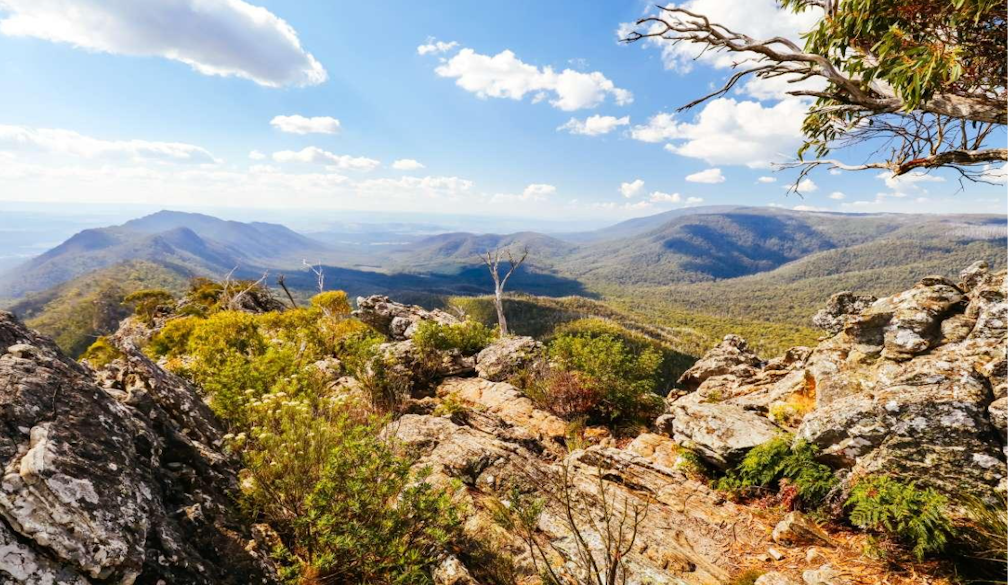Three Mini Breaks From Melbourne That AREN'T The Great Ocean Road!
- Written by Viw Magazine

The Great Ocean Road is an internationally famous destination, and with its 243 km of stunning coastline vistas, it’s not hard to understand why. But for those with caravans in Melbourne, there is so much more to see! Victoria has an abundance of uniquely Australian landscapes to explore – many of which are less than a 3-hour drive away.
So don’t wait for annual leave or school holidays to take a break from the hustle and bustle of city life. Not far from Melbourne, there are incredible places just waiting to be discovered, and they’re the perfect backdrop for unwinding, recharging, and exploring. Here are three camping destinations near Melbourne that are perfect for your next weekend getaway.
Wilsons Promontory National Park
Victoria’s largest coastal wilderness, Wilsons Promontory National Park, is situated at the southernmost tip of mainland Australia (only Tassie is further south). With pristine beaches of white quartz sand that squeak underfoot and ancient granite cliffs that overlook the turquoise water below, The Prom is well worth the three-hour drive from Melbourne.
Unsurprisingly, this rugged and untouched landscape offers plenty of wildlife spotting opportunities. Take a stroll along Prom Wildlife Walk and keep your eyes peeled for emus, kangaroos, wallabies, and wombats. Explore the rock pools of Picnic Bay, or take the 2km walk from Tidal River to Pillar Point Lookout, where the views from the granite outcrops are especially breathtaking at sunrise and sunset. Mt Oberon Summit Walk offers panoramic views across Tidal River, rugged coastline, granite outcrops, forested mountains, and eucalypt valleys.
The Grampians
Point your off road caravans west and within three hours, you’ll reach Victoria’s Grampians region. Here you can immerse yourself in ancient culture, rich history, and rugged natural landscapes.
Spend the day exploring Grampians National Park, known as Gariwerd to the Traditional Custodians. Enjoy a peaceful bushwalk along the Venus Baths Loop, or get the blood pumping with the steep climb to the base of MacKenzie Falls. It’s worth it for the spectacular sight of the 40 metre cascade. The Grampians are also home to important Aboriginal rock-art sites, including Bunjil’s Shelter, which is thought to be more than one thousand years old.
Marysville
An easy 90-minute drive from Melbourne is the scenic town of Marysville in the Yarra Ranges. Set on the Steavenson River and surrounded by towering mountain ash forests and alpine ranges, the charming valley town is the perfect jumping-off point for outdoor adventure. No matter when you visit, Marysville puts on a seasonal show, with snow in winter, wildflowers in spring, and a riot of colourful foliage in autumn.
During winter, nearby Lake Mountain is ideal for tobogganing and cross-country skiing. Outside of snow season, it’s popular for mountain bike riding and bushwalking. Other must-see natural attractions include stunning Steavenson Falls (one of the highest waterfalls in Victoria) and Keppel Lookout - drive there or challenge your legs on the Keppel Lookout Trail.





